It Always Starts With Why
Human behavior is extremely difficult to understand. So much so, it is often difficult for us to discern our own actions. Why did I react that way? Why did I act in that manner? In fact, Robert Sapolsky, a neuroendocrinologist at Stanford University wrote in his book, Behave: The Biology of Humans at Our Best and Worst, that the best way to summarize human behavior is to say that “it’s complicated” [1].
Meanwhile, in a world dominated by analytics and performance metrics, we are bombarded with new approaches and strategies for quantifying everything and anything. But to fully understand performance outcomes, and therefore understand how we can optimize our lives, we need to peel back the onion. In Start With Why, Simon Sinek urges people to dig a little deeper and simply ask “why?” [2].
Values Drive Behavior; Behavior Drives Performance
When we reverse engineer performance, we find our guiding values to be at the end of the line. High performance is the result of high performance behaviors and habits, meanwhile low performance is the result of low performance habits and behaviors. So to be successful in our endeavors, we need to develop appropriate behaviors. But what drives behavior? Among the many influences, our guiding values – our fundamental beliefs – are crucial to sustaining high performance behaviors.
In my time at Norwich University, I was deeply inspired by the guiding values that are at the root of everything Norwich stands for. To ensure that my behaviors are in alignment with my core values and performance goals, I outlined three guiding values that serve as the foundation for everything in my life, and the entire Learn II Perform platform.
Gratitude
By being grateful for every great thing in our lives, no matter how big or small, we can begin to appreciate the beauty of life. Gratitude and contentedness are opposite to desire and hedonism. The human condition is a gift, in every shape and form: natural and unnatural; orderly and chaotic; relief and stress; joy and pain.
Objective: To make a daily habit of expressing gratitude frequently and joyfully.
“He is a wise man who does not grieve for the things which he has not, but rejoices for those which he has.” – Epictetus [1]
Self-Care
The human body is a temple; it serves as the one and only medium through which our souls exist. Our entire livelihood – purpose, happiness, success, relationships, joy, pleasure – is contingent on the health of our mind, body, and spirit. By not prioritizing health and self-care, we become susceptible to stress, anxiety, fear, contempt, anger, hatred, illness, and ultimately, death.
Objective: Prioritize self-care every day. Sleep, nutrition, exercise, and meditation are crucial.
“You can’t pour from an empty cup. Take care of yourself first.” – Norm Kelly [2]
Service
Always serve others before self. Act and speak in accordance with what is just. Love everyone unconditionally. Give excessively. Act without expectations of anything in return; no obligations, expectations, or agreements. To serve is a choice and an offering, an egoless approach to improving the lives of those around me. Serving the world is one of the most empowering purposes that can be found in life. Remember that life is finite, and in time, everything else – material possessions and praise – will be gone forever. Leave behind value through acts of unconditional love, generosity, and kindness.
Objective: Leave behind value through acts of authentic and unconditional love and generosity.
“If it be right and honest to be spoken or done, undervalue not thyself so much, as to be discouraged from it.” – Marcus Aurelius [3]
References
[2] Sinek, S. (2009). Start with why: How great leaders inspire everyone to take action. New York: Portfolio.
[3] Epictetus. (2004). Enchiridion. Mineola, NY: Dover Publications.
[4] Kelly, N. [norm]. (2018, January 2). You can’t pour from an empty cup. Take care of yourself first. [Tweet]. Retrieved from https://twitter.com/norm/status/948422630377271296
[5] Aurelius, M. (2014). Meditations. CreateSpace Independent Publishing Platform.



